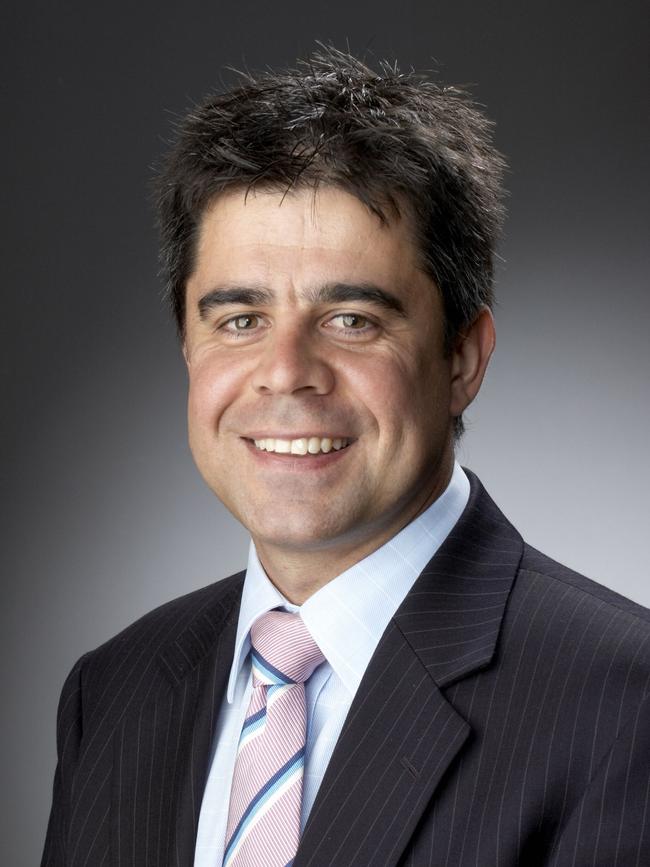Super changes could cost more than they raise, SMSF Association warns
The proposed 30 per cent tax on the earnings of big super funds could cost more to implement than it raises in revenue, says the SMSF Association.

The federal government’s proposed 30 per cent tax on the earnings of super funds with balances of more than $3m could end up costing more to implement than it raises in revenue, the Self Managed Superannuation Fund Association says.
The association, which strongly opposes the proposed $3m cap, is setting up a working group of technical experts to study the proposals ahead of consultation with the federal government.
“We are getting together a small working group of technical experts to come up with a list of unintended consequences and what modifications and adjustments we think will need to be made to ensure the cap is as equitable and practical as possible,” the Association’s chief executive, Peter Burgess, told The Australian on Tuesday.
He said the proposed implementation of the higher tax regime raised similar administrative issues to the Division 293 increase in the tax on super contributions from 15 to 30 per cent for people earning more than $250,000 a year.
“This new tax has all the hallmarks of the disastrous super surcharge regime which cost more to implement and run than it raised in tax revenue for the government,” Mr Burgess said.
The federal government has estimated that the 30 per cent tax on earnings on funds with balances of more than $3m should bring in as much as $2bn a year.
Mr Burgess said the association was concerned that the changes could affect public confidence in super. He said his members were also concerned that there could be many unintended consequences of the proposed changes.

While the association argues that the existence of a range of caps on contributions to super will limit the total any person can put into the system in future, Mr Burgess said it was now studying details of how the proposals might be implemented.
“While we still maintain there are sufficient caps built into the super system which, over time, will address the issues that the government is grappling with, our focus has now turned to the efficient implementation of the proposal to minimise cost and the impact on public confidence,” he said.
He said the list of potential unintended consequences of the proposals “continued to grow”.
“We understand what the government is trying to achieve by calculating ‘earnings’ by reference to the information that the ATO has on file about an individual’s total super balance,” he said.
But he said this could introduce more reporting pressures for super funds, particularly self-managed funds.
He said a member who received a pension payment or a disability payment during the year could find this pushing them up over the $3m level.
He said this could mean that the Australian Taxation Office had to maintain two total super balances for a person.
“There is also the question about funds who receive a tax refund during the course of the year,” he said.
“These amounts are added to the individual’s total super balance so it would be nonsensical, in our view, for individuals to have to pay tax on a tax refund.”
Mr Burgess said the committee of technical experts hoped to produce a report on the implementation issues around the proposals in the next two weeks.
In another development, Melbourne-based lobby group Save Our Super is set to campaign against the federal government’s proposed tax on super, criticising it for being retrospective.
The group, which was founded in 2016 in response to proposed changes to super by the Morrison government, is now campaigning against the latest proposals.
Save Our Super founder Jack Hammond, KC, said the changes were “effective retrospective changes to the taxation of superannuation”. He said people had made contributions to super in good faith under existing laws with arrangements that should be “grandfathered”.
“It is plainly unfair to make those adverse taxation changes to superannuation without also making appropriate ‘grandfathering’ provisions,” he said.




To join the conversation, please log in. Don't have an account? Register
Join the conversation, you are commenting as Logout